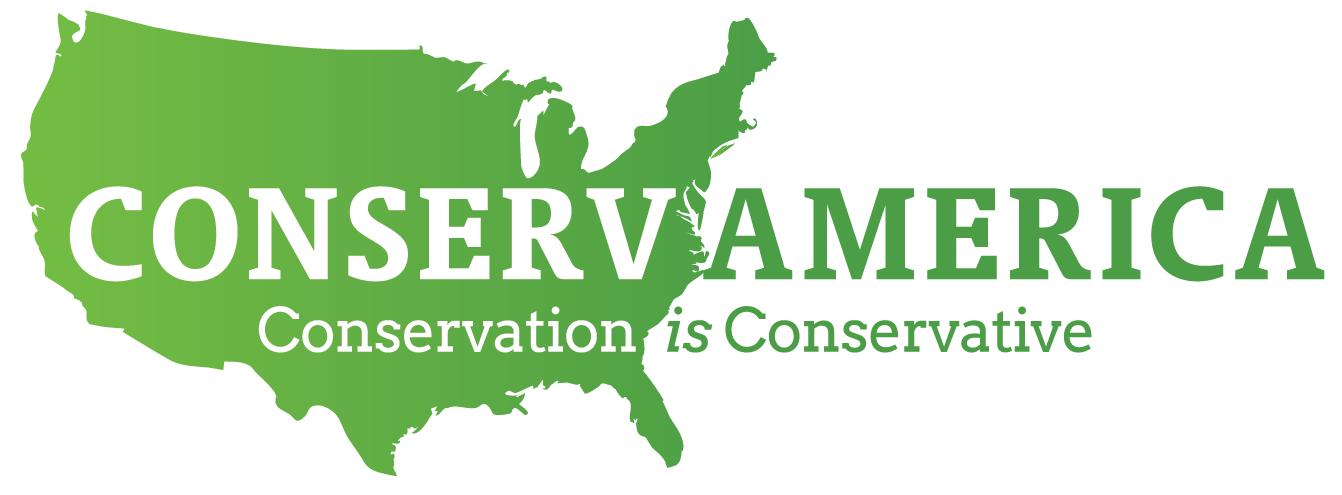It’s Time to Get the Politics Out of Energy Policy as New Polling Show Voters Overwhelmingly Support All-of-the-Above
As the fall election season begins, energy policy is once again likely to be a prominent issue, and both parties will try to use it to their advantage. But the truth is, Americans increasingly want politics out of the crafting of energy policy. They want realistic, responsible solutions—not extreme measures meant to appeal only to partisans.
Contrary to the media’s perception that Americans are deeply divided on energy issues, recent polling conducted by Morning Consult and commissioned by American Petroleum Institute revealed that voters across the political spectrum, including in several “battleground” states, agree on many aspects of energy policy, and the all-of-the-above approach continues to be popular with nearly every constituency.
The poll clearly shows that a wide range of voters believe it is important to protect our environment and address climate change while simultaneously pursuing economic growth and energy independence. ConservAmerica shares these values and supports an all-of-the-above approach.
Americans take the environment and the transition to cleaner energy very seriously, and they want traditional energy companies to lead the way. In fact, over 80% want to see natural gas and oil companies developing and applying clean energy technologies. A majority of both conservative and liberal voters also indicated that they want to see Congress promote policies that stimulate U.S. energy production in a responsible way that minimizes harm to the environment.
But these voters understand that promoting renewable resources and new energy technologies doesn’t mean that traditional energy sources are out of the picture, which is why they support all-of-the-above. Almost three-quarters (73%) believe natural gas and oil will still be a significant part of America’s energy needs 20 years from now. We can take this to mean that they support the transition to a lower carbon energy economy, but they also understand it will likely take much longer than some activists are promising. And in the meantime, they appreciate that natural gas and oil make our daily lives safer and healthier by providing the fuel, power, and products we need.
It goes without saying that we need policies that stimulate our economy now more than ever in the wake of COVID-19. Accordingly, nearly two-thirds (63%) of voters polled in battleground states believe that the natural gas and oil industries specifically will contribute to economic recovery. The reality is that by investing in both renewable and traditional energy industries, we can create new job opportunities for Americans and stimulate local economies.
The other reason voters of every political stripe embrace all-of-the-above is they value domestic energy development as a national security issue. They realized the challenges of foreign reliance on imports during the pandemic, including our reliance on foreign countries for oil. In fact, 93% of voters, Republican and Democrat alike, believe that producing domestic energy is important because it reduces our reliance on other countries for oil. Accordingly, proposals to ban domestic hydraulic fracturing or energy production on federal lands will undercut America’s ability to reduce our dependence on foreign energy sources.
Some of the individual state findings of voters’ attitudes confirm this preference:
Colorado voters are focused on energy independence, jobs, and reducing greenhouse gas emissions. Older, suburban Colorado voters are more likely to support clean energy investment and minimizing harm to the environment.
A large majority (87%) of voters in Colorado say they personally get value from natural gas and oil, including 81% of Democrats and 89% of Independents.
57% are more likely to vote for a candidate who supports access to oil & gas produced in the U.S.
81% of Michiganders polled say they use natural gas to heat their homes.
77% said it is important to produce enough energy so that the U.S. is not as reliant on other countries for oil, and 71% said it is important to keep energy and gasoline prices affordable.
Six in ten Michigan voters, including majorities of both Democrats and Independents, said they are more likely to vote for a candidate who supports access to oil & gas produced in the U.S.
62% of voters believe natural gas and oil will play an important role in recovery, including 54% of Democrats and 56% of Independents.
70% believe gas and oil will be a part of America’s energy needs 20 years from now, including 64% of Democrats.
Just over two-thirds of voters, including six in ten Democrats, are more likely to vote for a candidate who supports access to oil & gas produced in the U.S.
79% support an all-of-the-above approach to energy development.
70% believe gas and oil are important for creating high-paying jobs.
Six in ten Pennsylvania voters would be more likely to vote for a candidate who supports access to natural gas and oil produced in the U.S., including 58% of Independents.
There is no doubt that America is successfully transitioning to a lower carbon energy economy, but we need practical approaches that optimize the best energy resources to power our economies while we wait for the technology to catch up.
Voters understand that. An all-of-the-above approach gives us the opportunity to invest in clean technologies, create new jobs, and promote existing natural gas and oil industries that reduce American reliance on foreign oil. But as the poll results indicate, each state and region is unique, and this means the best energy sources for each area will look different.
Instead of pitting renewable energy sources like wind, solar, and nuclear against traditional sources like natural gas and oil, an all-of-the-above approach makes room for everything—and presents a chance to get the politics out of energy policy. Candidates that listen to that message this fall will have a better chance at appealing to swing voters, especially in battleground states.
